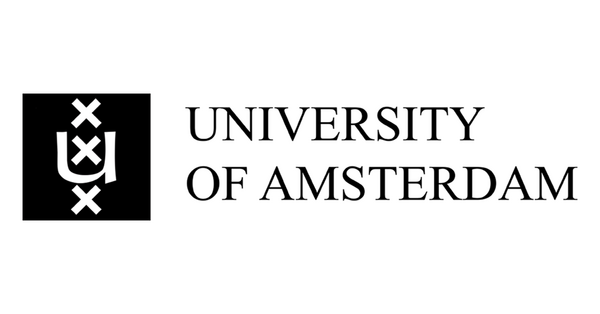PhD Position: Media Capture and the Consequences for Journalistic Performance
University of Amsterdam
Netherlands
Deadline: Fri, 16 Aug 2024


We are seeking a PhD candidate for the project “Commercially instigated media capture and the consequences for journalistic performance: Biting the hand that feeds you?” This is a 4-year PhD project, in which the PhD candidate will investigate the dynamics and effects of commercially instigated media capture on journalistic outputs, citizen trust, policy, and individual journalists in the European context.
The PhD track is part of two programme groups embedded in the Amsterdam School of Communication Research (ASCoR, department of Communication Science) at the Faculty of Social and Behavioural Sciences, University of Amsterdam: “Corporate Communication” and “Political Communication & Journalism”. You will be working under the supervision of Mark Boukes, Katjana Gattermann, Olga Eisele, and Kathleen Beckers.
What are you going to do
Media capture occurs when news content is influenced or controlled by corporate or political interests, undermining journalistic independence. Little is still known about commercially instigated capture, where the interests of corporate owners or potent advertisers may override journalistic integrity. This risk is especially prevalent in Europe, where significant media market concentration allows a few entities to control much of the media landscape.
Yet, we do not know much about how these subtler forms of media control influence the journalistic production process. This concerns the pressures individual journalists face and their handling of corporate influences on their reporting; citizens’ awareness of media capture and its influence on trust in mainstream media; and stakeholder dynamics evolving around media capture as corporate influences may intersect with political interests, potentially exerting pressure on political figures.
Thus, the central research question for the PhD project is: What are the effects of commercially instigated media capture on journalistic outputs, citizen trust, policy, and individual journalists?
What do you have to offer
You
- Are excited about empirical research;
- Are eager to learn and apply new methodological and practical skills, and to dive into different theories at the intersection of corporate communication and journalism studies;
- Have a strong commitment to methodological rigor, scientific integrity, and open science principles;
- Are a team player and enjoy working in an interdisciplinary collaborative project;
- Enjoy discussing and presenting research in research seminars, workshops, and conferences, and are keen to communicate results to non-academic audiences;
- Are willing to travel internationally to scientific conferences and workshops, and engage with the scientific community at large.
- Are willing to move to Amsterdam or a location within daily commuting distance for the duration of the contract.
Your experience and profile
- A (research) master's degree in communication science or a related social-science field, or expect to obtain it soon (ultimately: 31 January 2025);
- A strong interest in and preferably knowledge of journalism, corporate communication and/or political communication topics;
- Firm basis in and ideally experience with empirical research methods and data analysis. In particular, the project involves content analysis (manual and automated), survey, and in-depth interviewing. It is no requirement that one has experience in all of these methods; the PhD trajectory allows methodological training and further development. Please explicitly reflect on your methodological skillset in the motivation letter.
- Strongly committed to open science principles, methodological rigor and scientific integrity;
- Proven proficiency in statistical software, such as SPSS, Stata, R and/or Python;
- Curious and eager to learn new skills, theoretical perspectives and practical issues;
- Excellent spoken and written command of English (as you will write an English-language dissertation and present at international conferences);
- Excellent social and organizational skills;
- Eager to contribute to the scientific field;
- Motivated to share your knowledge with academic and non-academic audiences;
- Able to work independently and open to feedback;
- Strong interpersonal and project management skills.
Questions
Do you have any questions or do you require additional information? Please contact:
Dr Mark Boukes, Associate Professor, m.boukes@uva.nl











